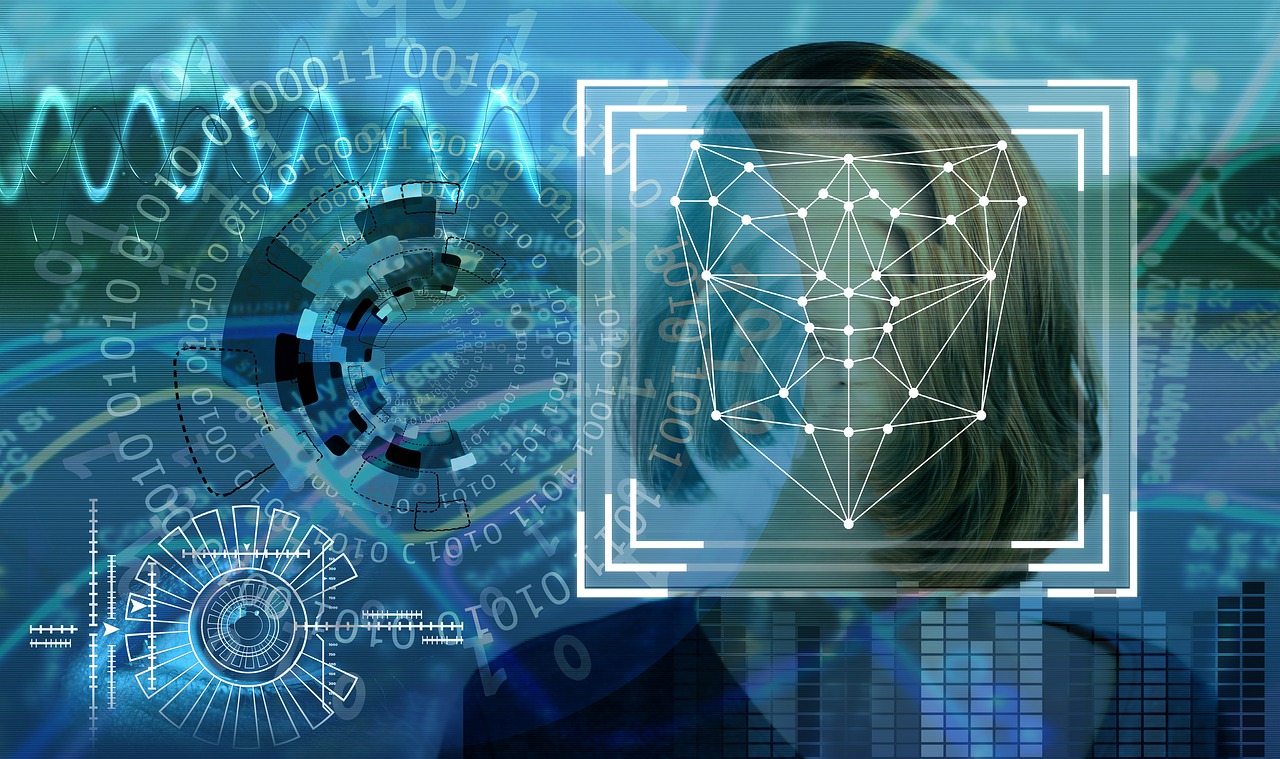This post is also available in:
 עברית (Hebrew)
עברית (Hebrew)
Debates over returning to in-person school in the face of the COVID-19 pandemic are consuming education administrators worldwide, who are deciding which technologies will best serve public health, educational and privacy requirements.
Among the concerns is facial recognition, which could be used to monitor student attendance and behavior as well as contact tracing.
In the pre-COVID-19 days, deployment of facial recognition was seen in the US as a potential panacea to assist with security measures in the aftermath of school shootings. Schools also have begun using it to track students and automate attendance records.
However, a recent study asserts that facial recognition technology should be banned for use in schools, due to the heightened risk of racism and potential for privacy erosion.
Researchers from the University of Michigan’s Ford School of Science, Technology, and Public Policy Program (STPP) found out that not only is the technology not suited to security purposes, but it also creates a web of serious problems beyond racial discrimination, including normalizing surveillance and eroding privacy, institutionalizing inaccuracy and creating false data on school life, commodifying data and marginalizing nonconforming students.
“The research shows that prematurely deploying the technology without understanding its implications would be unethical and dangerous.”
The study used an analogical case comparison method, looking specifically at previous uses of security technology like CCTV cameras and metal detectors, as well as biometric technologies, to anticipate the implications of facial recognition.
While currently, there are no national laws regulating facial recognition technology anywhere in the world, looking at technology that has already been implemented, can help predict the potential social, economic and political impacts, and surface the unintended consequences,” according to the researchers cited by homelandsecuritynewswire.com.


























